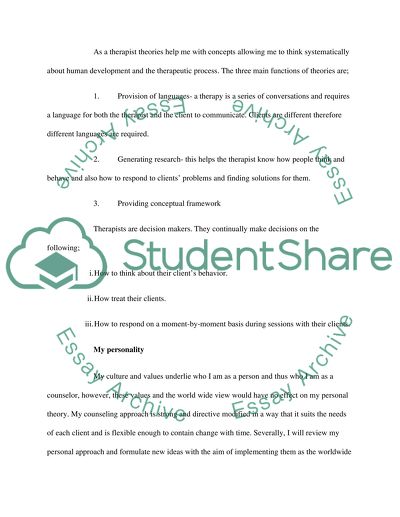Cite this document
(“The importance of being theoretical: towards the development of my Research Paper”, n.d.)
Retrieved de https://studentshare.org/psychology/1462469-the-importance-of-being-theoretical-towards-the
Retrieved de https://studentshare.org/psychology/1462469-the-importance-of-being-theoretical-towards-the
(The Importance of Being Theoretical: Towards the Development of My Research Paper)
https://studentshare.org/psychology/1462469-the-importance-of-being-theoretical-towards-the.
https://studentshare.org/psychology/1462469-the-importance-of-being-theoretical-towards-the.
“The Importance of Being Theoretical: Towards the Development of My Research Paper”, n.d. https://studentshare.org/psychology/1462469-the-importance-of-being-theoretical-towards-the.


